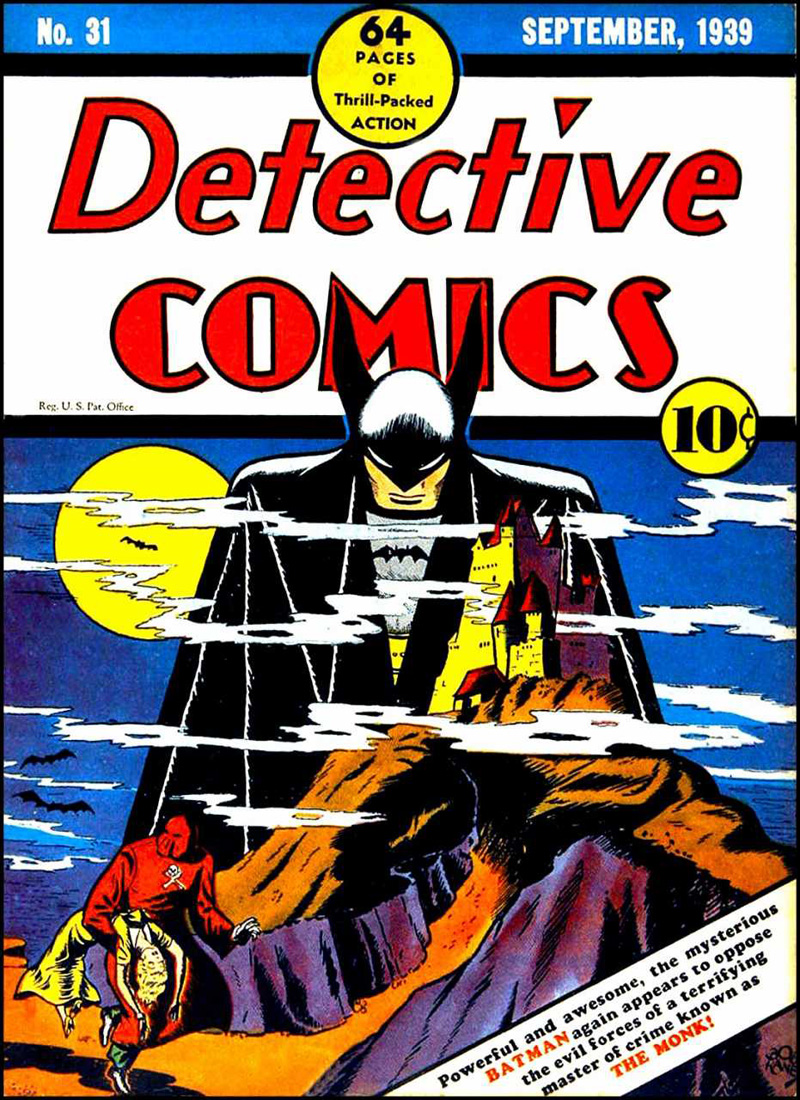 |
Craig White's Literature Courses
Detective Story |
 |
Review of career of Ross Macdonald, pen name for Lewis Millar (1915-83), author of classic hard-boiled detective stories set in mid-20th-century Los Angeles:
Once Archer [Macdonald's recurrent protagonist] begins a case, he never quits, even if his client fires him. He thinks he owes it to the victim and to himself to see it through. . . .
Macdonald describes real detectives with the same technical fluency with which another great and underappreciated modern novelist, John Le Carre, portrays intelligence operatives. Archer is constructed in formidable contrast tot he petty, rigid, law-enforcement hack thriving in every department, who hurries to conclusions about cases and then sets aside the facts that don't fit. In The Zebra-Striped Hearse, Macdonald offers the job description for that rare thing, the first-rate detective: "honesty, imagination, curiosity, and a love of people. Excellent detectives are humane, steady people with frayed collars who understand the world's basic instability, don't put any faith in coincidences or prosecutors, and always trust the balistics expert. Life, Macdonald says, "always has loose ends, and it's sometimes best to let them ravel out."
In 1950, [Raymond] Chandler [a contemporary hard-boiled detective novelist] published a collection he entitled Trouble is My Business, a phrase Macdonald would enjoy rebuking again and again. "Getting information is my business," Archer says in Black Money. You et the lowdown by listening; the good detective can meerge with any group, nest into any isuation. "I spent most of my working time waiting, talking and waiting," Archer says in The Doomsters. "Talking to ordinary people in ordinary neighborhoods about ordinary things, waiting for truth to come up to the surface." Those conversations have to seem casual, because asking strangers to tell you their hiddne truths is always delicate. Even Archer loses people: "She'd come close to the edge of candor but I had pushed her too fast. She drew away from it, her personality almost visibly receding." . . .
[The detective's] enduring virtue—and Ross Macdonald's—is compassion.
Nichola Dawidoff, "True Detective: How Ross Macdonald used noir to illuminate Aemrican society." The New Republic (October 2017): 56-59.


